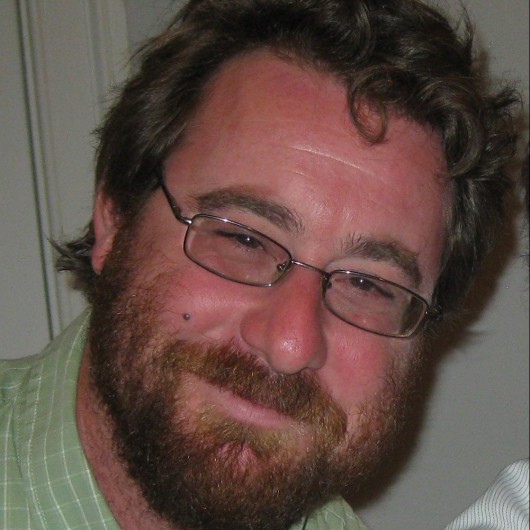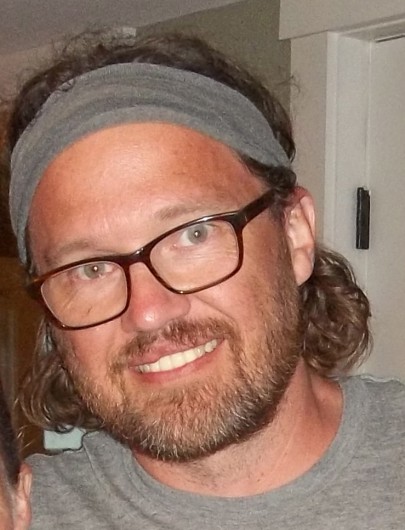New Tools for Science Policy
Transforming and Repositioning the American Science Museum
New Tools for Engaging the Public
Can the museum become a place where the role of science and technology in our lives is actively discussed, where the values of visitors are acknowledged and where tools to be a participant in our increasingly technological democracy can be shared?
About the Seminar
May 17, 2013 8:30am—10:30am
Inform, Inspire and Entertain – these ideas are the crux of almost all science museum mission statements across the nation. But what happens when information becomes free, when Wikipedia can, with a couple clicks get you descriptions, animations and links to further resources? Are ‘inspire’ and ‘entertain’ enough? Ira and Brad will talk about programing that begins to add ‘engage’ to that list. While the idea is not new there have been few attempts at integrating engagement broadly into the science museum community. Can the museum become a place where the role of science and technology in our lives is actively discussed, where the values of visitors are acknowledged and where tools to be a participant in our increasingly technological democracy can be shared? A team supported by the Nanoscale Informal Science Education Network (NISENet) and the Center for Nanotechnology in Society at Arizona State University set out to try. The team developed and presented a series of professional trainings across the nation reaching 100 plus museum professionals from over 50 institutions. Brad and Ira will talk about how NISENet has changed some cultures within the science museum community, about the Nanotechnology and Society workshops and a broader vision for the future of science museums in the US.
Location Information
ASU Washington Center
1834 Connecticut Ave NW
Washington, DC 20009
Speakers

Ira Bennett
Co-director of CENTSS
Clinical Associate Professor, School for the Future of Innovation in Society, Consortium for Science, Policy & Outcomes, and Center for Nanotechnology in Society at ASU
Ira Bennett studies policies and politics of emerging technologies, specifically nanotechnologies. His focus is on educational programs in nanotechnology in society, and skill sets not traditionally included in science and engineering graduate education, such as societal aspects and communicating with…
Past Series
-
December 15, 2023 9:00am
Responsible Artificial Intelligence: Policy Pathways to a Positive AI Future
Andrew Maynard
-
November 17, 2023 9:00am
“Unacceptable Costs”: Managing for biological invasions and climate risks in the US Pacific Islands
Laura Brewington
-
October 30, 2023 9:00am
Patent Data & Publicly-Funded Research: Applications, Benefits, & Misuse
Bhaven N. Sampat
-
April 05, 2023 9:00am
Quantity over Quality: How to Solve Electric Vehicle Charging Infrastructure
Ryan Cornell
-
March 29, 2023 9:00am
How Complexity Science Can Guide Urban Transformations
Bastian Alm, Shade Shutters
-
February 02, 2023 9:00am
Making Research Matter for Policy
Robert M Cook-Deegan
-
October 07, 2022 9:00am
Creating Justice, Trust, and Inclusivity in Climate Policymaking
Kaiping Chen
-
March 21, 2022 9:00am
Framing Our Biological Futures
Cynthia Selin, Christopher Scott, David Tomblin, Janine Myszka , Lauren Lambert, Haley Manley, Dorit Barlevy
-
June 08, 2022 9:00am
Braiding Birthwork, Racial Justice, and Smart Technology
Alexandrina Agloro, Stevie Merino
